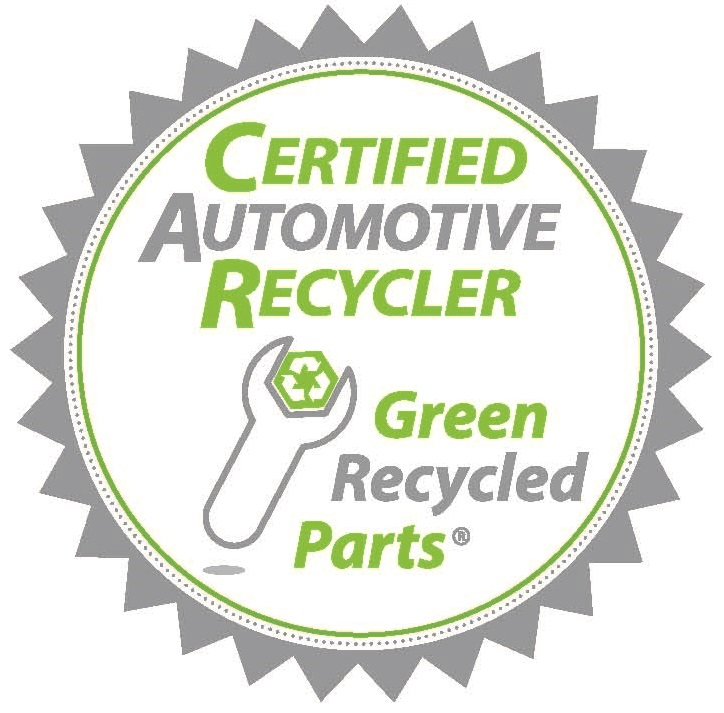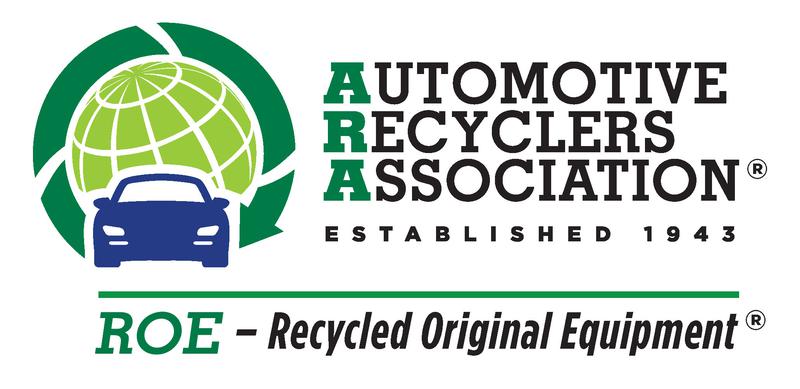Certified Auto Recyclers
Many professional automotive recyclers use a certification program to attain and maintain compliance with environmental, safety and transportation rules applicable to salvage facilities. The Automotive Recyclers Association (ARA) Certified Auto Recyclers (CAR) program sets a standard of excellence as the path to compliance.
Regulatory Agency
The The Kansas Department of Health and Environment (KDHE)
The Kansas Department of Health and Environment, Division of Environment, the Division of Environment has the following six bureaus that work toward Kansans living in safe and sustainable environments: Air, Environmental Field Services, Environmental Remediation, Health and Environmental Laboratories, Waste Management and Water. KDHE works to align its program activities with the agency's strategic priorities to achieve the most effective and efficient services for the state. The website provides many resources for small business environmental compliance at https://www.kdhe.ks.gov/158/Division-of-Environment
The Environmental Protection Agency (EPA) Region 7 office administers and enforces federal hazardous waste management requirements (40 CFR Parts 260-279) in Iowa. However, the Iowa Department of Natural Resources (DNR) has implemented state-specific hazardous waste management requirements in connection with fees and used oil collection centers. For more information, contact the Region 7 Environmental Protection Agency at 913-551-7020.
Spill Reporting
If the hazardous condition involves the release of an EPA regulated material or an oil as defined by the EPA, the release may also need to be reported to the National Response Center at (800) 424-8802. Federal Reporting is required within 15 minutes of event occurrence or discovery.
KDHE Report spills to KDHE 24/7 at (785) 291-3333
Email Spill Response Program at kdhe.SpillHotline@ks.gov.
The State of Kansas has created a single hotline for Spill and Hazard reporting. The hotline number, as of December 1, 2014, is: (785) 291-3333. This number is to be used for reporting all spills and hazards. Depending on the nature of the spill or hazard, the call will automatically be forwarded to the appropriate state agency. Spills, discharges, and emergency releases can cause serious harm to public health and the environment. Federal and state laws require federal and/or state agencies be notified in the event of an accidental spillage of any materials that may pollute water, air, or soil.
For more information on Kansas Spill reporting go to https://www.kdhe.ks.gov/420/Spill-Reporting
Resources
The Pollution Prevention Institute (PPI) operates the Kansas Small Business Environmental Assistance Program (SBEAP).
You can locate your states information at https://nationalsbeap.org/states
This program was established as a result of the Clean Air Act Amendments of 1990 and our mission is to help smaller businesses (100 employees or less) assess their environmental compliance responsibilities (primarily air and waste) and identify pollution prevention (P2) opportunities.
The K-State Pollution Prevention Institute (PPI) is housed within the College of Engineering at Kansas State University and provides free, confidential, and technical environmental assistance. Started in 1989, PPI is dedicated to serving Kansas businesses and organizations in environmental compliance and pollution prevention technical assistance. Entirely grant-funded, PPI operates various technical assistance programs. PPI link https://www.sbeap.org
PPI has produced some resources just for automotive recyclers!
Frequently asked questions from salvage yards operators (Fact Sheet) Answers a variety of questions salvage Yards may have. Topics include antifreeze and tire disposal, solvent waste and used oil, NPDES, aluminum recycling, and the spill prevention control and countermeasures program (SPCC).
Pollution Prevention for Auto Salvage Yards (Manual) Many topics are covered in this manual designed for the auto salvage industry, including regulatory issues, resources, and a pollution prevention (P2) checklist. Several P2 practices for used fluids (aqueous cleaners, brake fluid, etc.) and for various auto parts are also described.
Pollution Prevention Resource Exchange (P2Rx™) http://www.p2rx.org/
P2Rx is a national partnership of regional pollution prevention information centers funded in part through grants from EPA. They build networks, deliver P2 information, and measure P2 program results.
Pollution Prevention Regional Information Center (P2RIC) http://p2ric.org/
P2RIC improves resource sharing among the programs, businesses, and agencies within EPA Region 7 (Iowa, Kansas, Missouri, Nebraska) that provide waste reduction services and expertise to business and industry.
P2RIC's projects include:
P2 Infohouse, a searchable online collection of more than 50,000 P2 related publications, fact sheets, case studies and technical reports. https://p2infohouse.org/
P2Ric webinars. Resources and information to achieve resource conservation (energy efficiency, water conservation, waste avoidance, toxics use reduction), focused on the Triple Bottom Line evaluation and adoption of business strategies, management and practices can be found in the online video library at https://vimeo.com/user7854722.
The following fact sheets are designed to assist automotive recyclers with operating their businesses and managing their wastes in compliance with the environmental laws in their state. Select from the list below.







